Articles & Resources

What motivates us to achieve the things we need to do?
Motivation can be a challenging concept. For many young people, they wait for a wave of motivation to hit to allow them to get work done, but what happens if the wave never flows? Motivation is defined as; ‘a reason or reasons for acting or behaving in a particular way’ Whether it is: Health and

Sleep, bedtime and how many zzzz children need
Bedtime routines and sleep can affect a wide number of children and adolescents. Whether it is: Difficulties getting to sleep Difficulties staying asleep Restlessness at bedtime Nightmares Night terrors Separation anxiety We all know how it feels when we have not had enough sleep… and when children do not get enough sleep the impact can
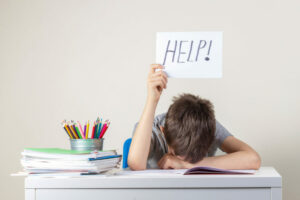
Supporting Introvert and Sensitive Children
Having a child who is not the first in queue to do new things, meet new people or sit and chat, can feel that there is something wrong. However, for some children, being introverted or sensitive can mean that, rather than think that there is something wrong with them, we need to identify how we

Signs and Symptoms of Health Anxiety in Children
Health anxiety is described as when an individual spends too much time worrying: That they are ill That they could be getting ill Whilst a certain level of concern is completely normal if we have symptoms of illness, health anxiety can begin to take over life. Health anxiety is often obsessive and irrational and individuals

How does ‘Restraint Collapse’ affect children?
Does your child walk in the door after school and….. Explode? Fall apart? Lose the plot? Struggle to cope? Become distresses? Restraint Collapse is a term developed by Andrea Loewen Nair, a parenting educator. It is used to describe children who bottle up their feelings and anxieties all day, doing all they can to hold
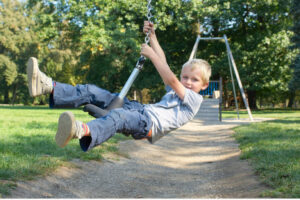
Steps to build resilience in children
Resilience describes our ability to bounce back from stress, adversity, failure and challenges. However, it is often misunderstood that resilience is not something we are born with, or something that some people have and others do not. Rather, resilience is something that we develop, grow and foster over time and with support and guidance. So

The influence of personality types on young people
What are personality types? A personality type refers to a psychological classification of particular traits of individuals. Different personality types are attributed to traits and behaviours which will influence the way that an individual interacts and behaves in their environment, it is also perceived that this influences their motivations and actions. Commonly, we will refer
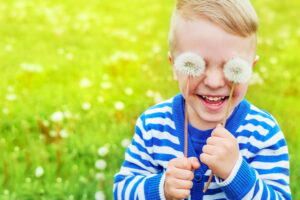
Supporting Children to Develop Self-Esteem
Self-esteem is a word that we talk about frequently, but do we really recognise the impact of self-esteem in our child’s life? Do we see the impact of high or low self-esteem on their lives? Or perhaps you’ve started to look at your child in comparison to their peers and begun to worry about how
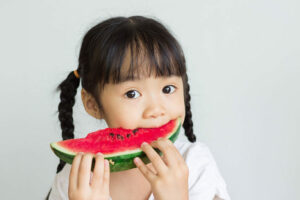
Strategies to support fussy eaters
Where does fussy eating come from? Children develop fussy eating for various reasons. Whilst for some, it is a stage that they pass through, for others it may indicate sensory challenges around food or intolerances or medical issues. If fussy eating persists and you are concerned about a child’s eating behaviours or nutritional intake, please

Signs that Indicate Sadness in Children
When children feel sad it can be heart-breaking for parents, sadness is a huge emotion and quickly starts to fill up whole days and affect many aspects of life. When a child feels sad it can quickly make adults feel helpless or frustrated that they cannot make it right. However, sadness is a normal emotion

Signs that Indicate a Child is Worrying
When children struggle with worries it can feel impossible to know what to do for the best, do we talk about the worries? Is talking about them making them worst? Is there a risk of talking about them too much? Too little? Whilst worries are completely normal, when they become excessive, or a child is
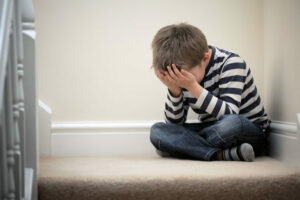
Signs and Symptoms of Overwhelm in Children
What is it? When a child feels emotionally overwhelmed it means that they feel smothered by their thoughts or emotions to the point that they feel that they cannot function. Overwhelm is an intense emotion and causes a flood of emotions and stress in the body. It can create a fight-flight-freeze-faint response which can cause
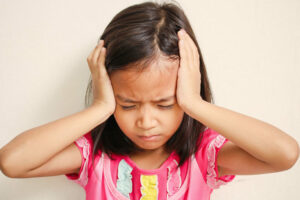
Supporting children to manage anger
Why do we get angry?? Everyone has a different response to anger, and the reason for this is that everyone interprets the environment, relationships and situations differently. This is dependent on previous experience, developmental stage and our understanding of our own emotions and triggers. As such, no response to a situation is right or wrong,
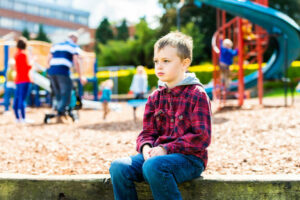
Recognising the signs of poor mental health
The only certainty about mental health is that we all have it. If we imagine it as a swinging pendulum, throughout our lifetimes, our mental health moves between good mental well-being and poor mental well-being, depending on life circumstances, events and situations. Everyone can have days when their mental health feels more sensitive, but for

Brains, Filing Cabinets and De-Cluttering
Is your brain talking to you? Or maybe it’s your child making these comments to you…. Just take a moment and scan this communication list…. My head hurts all the time… I have a permanent headache…. I just can’t turn my brain off… I can’t sleep… I am permanently exhausted… I had to take a
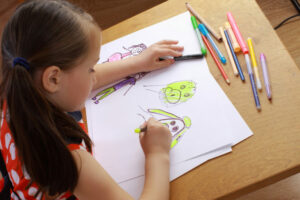
Strategies to Support Children – Homemade Sensory Boxes
Helping children to manage their emotions and learn to regulate them can be a daunting task. Children’s rapid brain development means that whilst they develop logic and reasoning from the age of 5, they can often be impulsive, as the frontal cortex of the brain, which controls logic develops much later. In fact, the frontal

A Deep Dive into Adolescent’s Anxiety
The NHS defines anxiety as “a feeling of unease, such as worry or fear, that can be mild or severe”, it’s prevalence in the population has seen a steady increase over recent years and in 2016 Mind.uk identified that around 6 in 100 people suffer with anxiety issues and Anxiety UK suggest that 1 in 6 teenagers will experience

Computers and Mental Health
Technology has taken the world by storm in the last ten years, and with it, brought new levels of graphics, entertainment and browsing. Long gone are the days of being impressed by a Commodore 64 or a Gameboy, as platform games and interactive social media platforms now absorb hours of our days. Whilst technology has
DISCLAIMER
The resources on this site are for individual use. They are not permitted to be mass reproduced by other organisations without a licensing fee. The content and resources on this site may not be mass reproduced in whole, or in part and are not for re-distribution by third parties without special permission from the provider. No use of these resources may be made for resale or any other commercial purposes without prior consent and written permission from Dandelion Training and Development. In some cases a licensing fee may apply.
